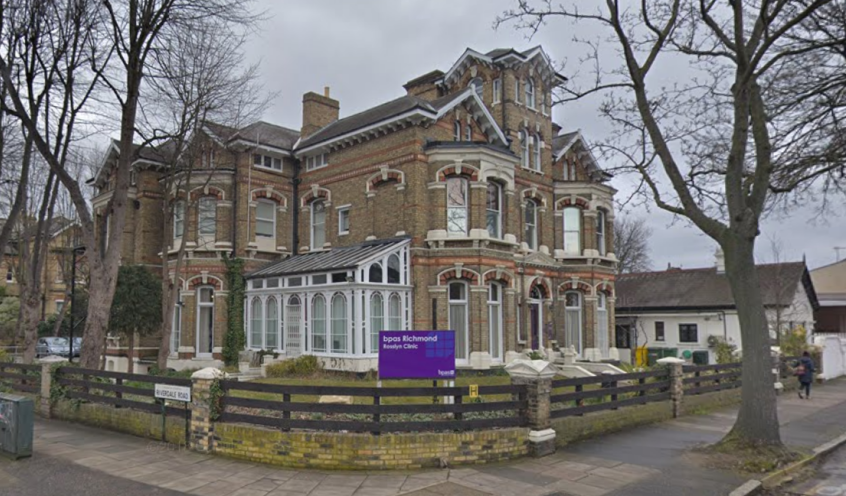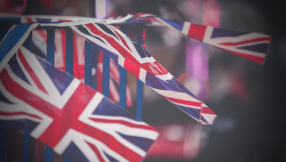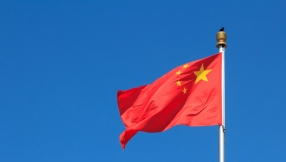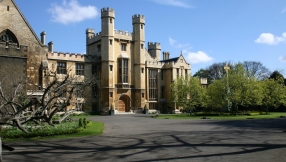
Richmond Council is being taken to court over a ban that prevents pro-lifers from being able to hold vigils or offer support outside abortion clinics.
The legal proceedings have been launched at the High Court by Justyna Pasek, who spent five years offering women advice and information about alternatives to abortion outside clinics in Richmond before the ban came into effect last month.
The public space protection order (PSPO) introduced by Richmond Council is in place around a clinic on Rosslyn Road and makes it a criminal offence to pray or have conversations about abortion with women visiting the clinic.
It also stops volunteers from handing out leaflets to women considering an abortion about the help available to them.
The PSPO was approved by Richmond Council despite Ealing Council facing legal action for introducing a similar ban.
The High Court upheld the Ealing PSPO but an appeal against that ruling is to be heard on July 16.
Civil rights group Liberty has raised concerns about the implementation of PSPOs around abortion clinics. It has said that the Richmond provisions are "too widely drawn and likely to inhibit lawful protest".
The Home Secretary has faced calls to introduce "buffer zones" around abortion clinics nationwide but last September, he rejected this proposal on the grounds that "the majority of activities are more passive in nature" and that existing powers could deal with any nuisance behaviour.
Ms Pasek said many of the women she had met outside abortion clinics were "scared" and that the "draconian censorship zone" introduced by Richmond Council "prevents real choice".
"I understand what is at stake in Richmond because I have stood outside that abortion clinic many times and offered women alternatives to abortion," she said.
"I have met hundreds of women who just needed a little help, at the right time and in the right place, in order to keep the child that they desperately wanted. The women in these situations are often very scared and vulnerable.
"Many of these women are being coerced into abortion and others just want the choice of exploring other options.
"The women I helped often told me they could not get the help they need in the abortion clinic, only abortion. Outside the clinic, however, the kind of help that is offered can really transform the situations these women find themselves in."
Clare Mulvany, spokeswoman for the Be Here For Me campaign said the ban was a "completely disproportionate response" to peaceful pro-life vigils.
"These women are very different to the privileged campaigners who led the campaign to implement the censorship zone in Richmond," she said.
"The women who received our help outside the abortion clinic are often of immigrant status, they are poor, they are pushed to the margins, and they feel they have no alternative, but abortion. The only effect this censorship zone has, is to take away all positive options available to these women.
"Expelling pro-life vigil members at the behest of noisy activist groups in the absence of clear justification is extremely damaging for our society."













